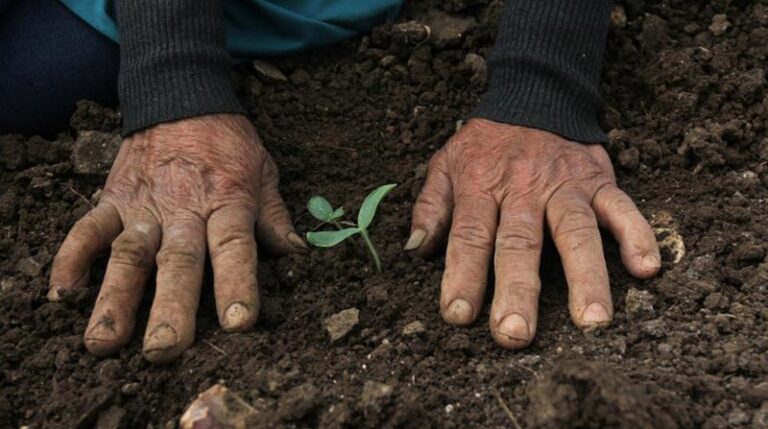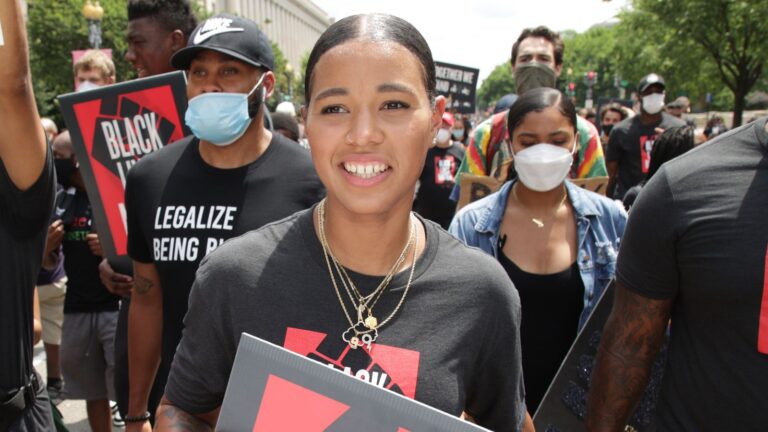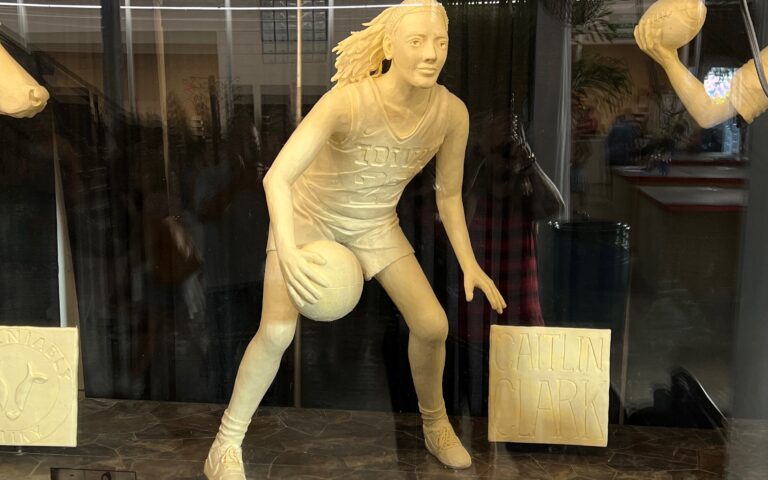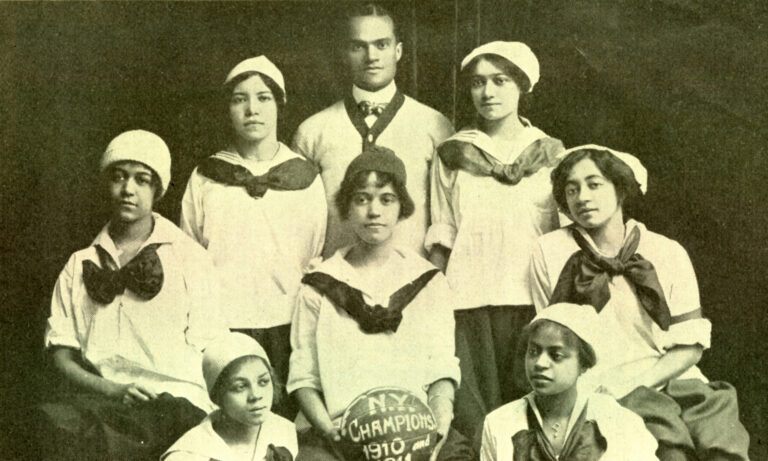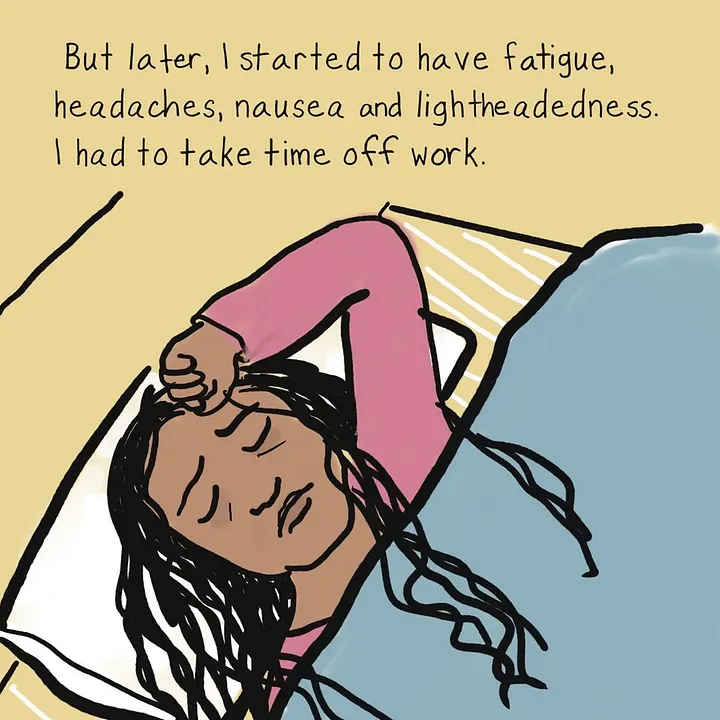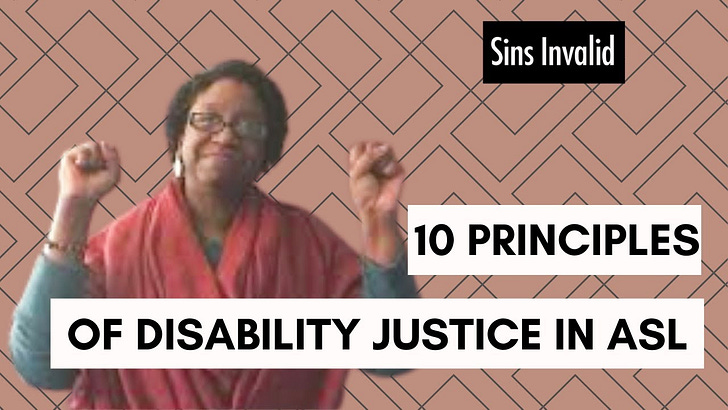nonfiction
Climate Change
Climate Justice in Palestine Series
Building Decarbonization

Greenwashing gas
(co-written with Madeline Goodwin) for Climate Solutions | by deepa
What would you do if you had a product that you wanted folks to use inside their homes and in their daily lives but it wasn’t safe or good for them? If you’re the gas industry, you’d put the label “natural” on it to make it sound a lot less harmful and a lot more appealing and safe.

To Reduce Greenhouse Gases, Consider Buildings
for MSRC | by deepa
In 2019, Berkeley, California, made history in a surprising way: the city became the first in the country to require new buildings to be all-electric. Since then, 52 local jurisdictions in California have passed similar policies to phase out fossil fuels and instead require the use of electricity to heat and cool buildings — primarily through highly-efficient electric appliances like heat pumps and induction cooking.
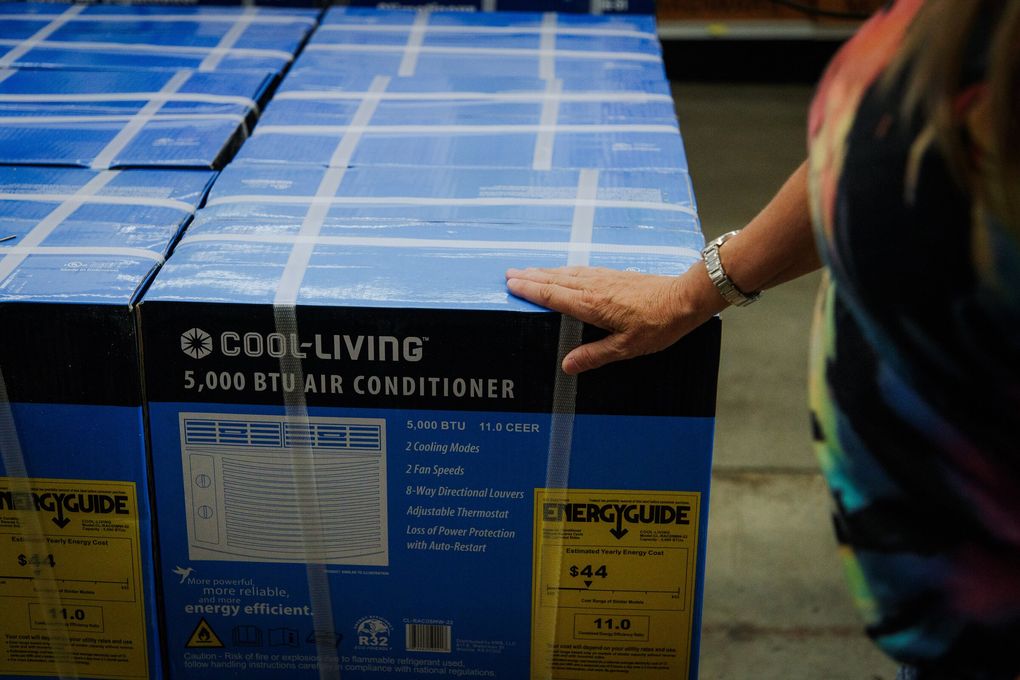
Seattle’s clean buildings plan can save lives
(co-written with Ali Lee) in The Seattle Times | by deepa
As summer approaches and temperatures rise, Seattleites are considering how to keep their homes cool and comfortable. Only 53% of Seattle homes have air-conditioning installed, and what used to be an unnecessary luxury in our region is becoming a necessity.
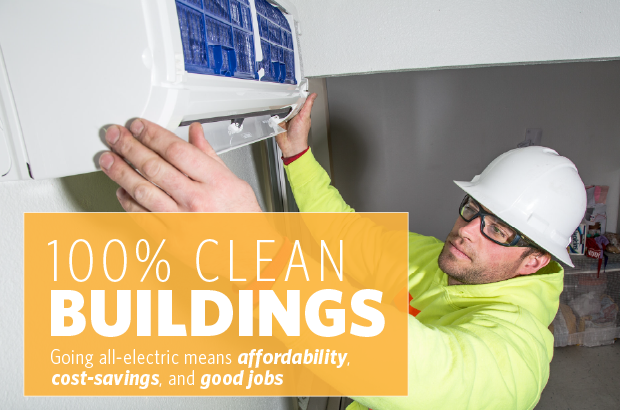
Deepa Sivarajan and Rosie Zhou: Lying about “natural” gas doesn’t make it good for the climate or our health
(co-written with Rosie Zhou) in The Spokesman-Review | by deepa
Washington state is leading the nation in climate action. We’ve taken major steps to ensure our electrical grid is 100% clean; set aggressive mandates to reduce greenhouse gas emissions by 95% below 1990 levels by the year 2050; reduce pollution from gasoline and diesel; and invest billions in communities via an economy-wide emissions cap.
We’re making progress, but we have yet to address our fastest growing source of emissions – burning fossil gas to heat our homes and buildings.
Clean Buildings Series
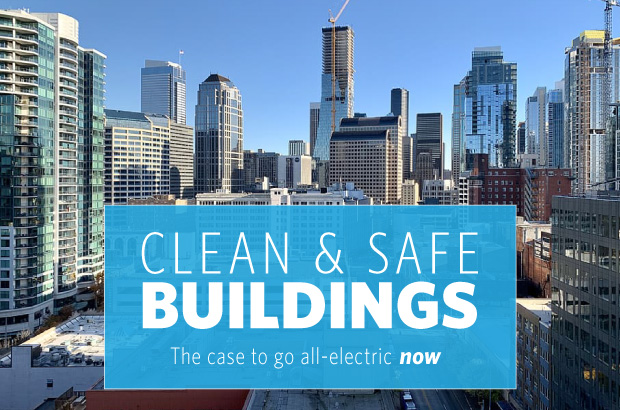
The case for clean, safe, and all-electric buildings
for Climate Solutions | by deepa
In this new series of blog posts, we’ll be unpacking the case for making our buildings all-electric to reduce emissions; increase our public health and safety; and create good, lasting, family-wage jobs while saving utility customers money on their bills.
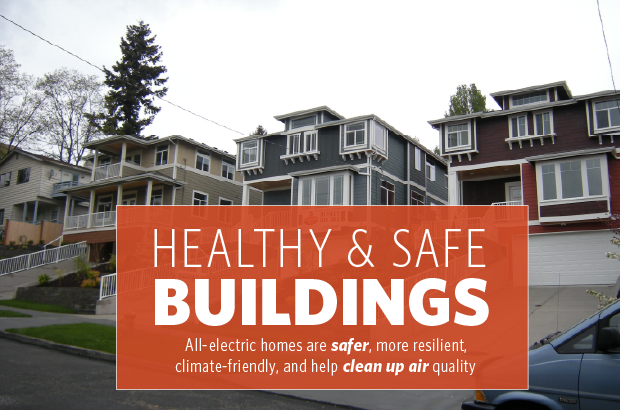
Pollution is coming… from inside the house
for Climate Solutions | by deepa
Would you be surprised to learn that our homes and buildings dirty our air, outdoors and indoors? How is this possible? We outline the health and safety risks of using gas, and detail how all-electric buildings can be the climate and health solution we need.

The surprising economics behind going all-electric
for Climate Solutions | by deepa
As we shift to all-electric buildings statewide, our easiest lift is to make sure all our new buildings use highly efficient electric heat pumps and other electric appliances. Many homeowners are already making the switch, but we will need to ensure our state’s policies help low-income families who can’t afford the upfront costs of transitioning off of gas.

Living cleaner: why cities are shifting to all-electric buildings
for Climate Solutions | by deepa
This last post in our series on the case for all-electric buildings covers the different types of solutions to the problems of gas and how we can get there – with the help of our communities.
Extreme Heat
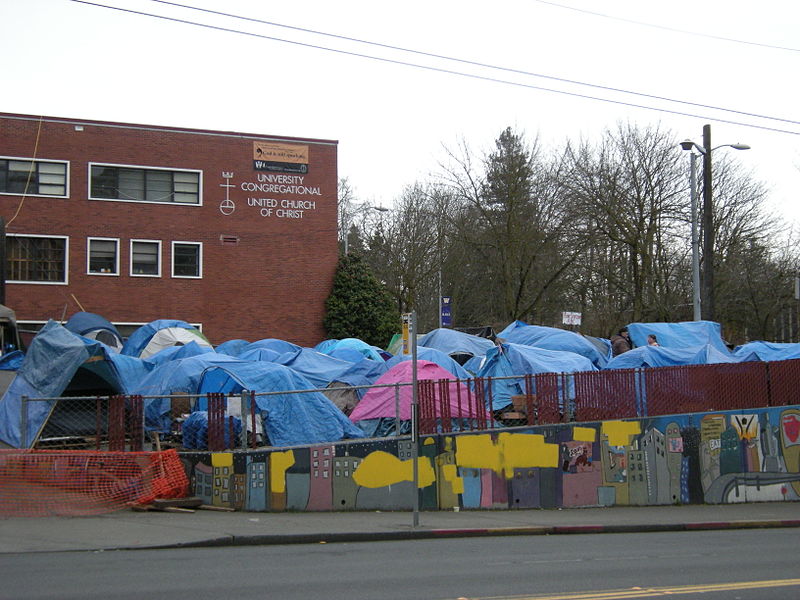
Homelessness and Heat: What Could Rising Temperatures Bring?
for Columbia’s Climate + Society | by deepa
When we think about climate change, we hear a lot about the possibility that people could be displaced from their homes by any number of climate impacts, from sea level rise to drought to increased conflict to food insecurity. But what kind of new challenges might come up for people already experiencing homelessness?

Sweating in the heat? All-electric buildings provide a cool solution
for Climate Solutions | by deepa
All-electric buildings are a win-win, both reducing our greenhouse gas emissions and protecting our health and safety through providing affordable air conditioning. Heat waves will be a more frequent part of our future in the Pacific Northwest, but we don’t have to just sit back and face that harm – we can act to mitigate climate change and protect our frontline communities and ourselves by passing policies to require clean, safe, all-electric buildings.
Women’s Sports
“Pass it to your girlfriend!”: A collaborative autoethnography of a friendship through women’s sports fandom
(co-written with Cameron Michels) in Transformative Works & Cultures | by deepa
Like broader transformative fandom, women’s sports spaces are constructed as queer and feminist despite structural anti-Black racism and reinforcement of neoliberal consumerism. Being queer women’s sports fans involves embracing the love of the game and many of the players while grappling with troubling politics in both the sports and their fandoms. We use collaborative autoethnography to examine our friendship as a critical feminist sports scholar and a transformative fandom member who have formed a fandom of two around our love of the National Women’s Soccer League (NWSL) and Women’s National Basketball Association (WNBA) in the United States, while feeling alienation from many other women’s sports fans, including at live games and in women’s sports real person fiction (RPF) spaces. Drawing on the works of Sara Ahmed and Rukmini Pande, a feminist/fandom killjoy approach is useful for negotiating such contradictions as fans, for cocreating fan practices together, and for articulating hopes for the future of women’s sports.
Centering Blackness in the WNBA Series
Disability Justice
COVID isn’t over – for any of us
LGBTQIA2S+ People Are Not Going Back: Queer Disability Justice
Solidarity With Palestine
Don't stop fighting for a free Palestine
Mainstream media cannot be trusted on Palestine

Palestine and Prison Abolition
for No New Washington Prisons | by deepa
The recent escalation in detention and increase in the dehumanization of Palestinians after October 7, 2023 can only be understood in the context of the decades-long history of oppression, torture, and murder of Palestinians by Israeli forces through criminalization.
Fan Studies
“Pass it to your girlfriend!”: A collaborative autoethnography of a friendship through women’s sports fandom
(co-written with Cameron Michels) in Transformative Works & Cultures | by deepa
Like broader transformative fandom, women’s sports spaces are constructed as queer and feminist despite structural anti-Black racism and reinforcement of neoliberal consumerism. Being queer women’s sports fans involves embracing the love of the game and many of the players while grappling with troubling politics in both the sports and their fandoms. We use collaborative autoethnography to examine our friendship as a critical feminist sports scholar and a transformative fandom member who have formed a fandom of two around our love of the National Women’s Soccer League (NWSL) and Women’s National Basketball Association (WNBA) in the United States, while feeling alienation from many other women’s sports fans, including at live games and in women’s sports real person fiction (RPF) spaces. Drawing on the works of Sara Ahmed and Rukmini Pande, a feminist/fandom killjoy approach is useful for negotiating such contradictions as fans, for cocreating fan practices together, and for articulating hopes for the future of women’s sports.

Waiting in the Wings: Inclusivity and the Limits of Racebending
(co-written with Samira Nadkarni) in Fandom, Now In Color: A Collection of Voices (ed. Rukmini Pande) | by deepa
Fandom, Now in Color gathers together seemingly contradictory narratives that intersect at the (in)visibility of race/ism in fandom and fan studies. This collection engages the problem by undertaking the different tactics of decolonization—diversifying methodologies, destabilizing canons of “must-read” scholarship by engaging with multiple disciplines, making whiteness visible but not the default against which all other kinds of racialization must compete, and decentering white fans even in those fandoms where they are the assumed majority.

